Tips for Emergency Preparedness For Those With a Disability
It doesn’t really matter who you are, emergencies can be absolutely terrifying! The last thing you want to be is frozen in your tracks, but if you live with a disability, that’s exactly what could happen. Whether you deal with immobility, sensory issues, difficulty seeing or hearing, a storm, or another type of emergency situation won’t be willing to show you any favors.
That’s why it’s so critical for those with disabilities to be extra prepared for situations such as this. Do you know what to do, or what kind of supplies you will need to have set aside for an emergency? In case you missed this post, Survival Food And Emergency Food Storage
Maybe you already do, but I may have a few other tips that you might not have thought about. These are emergency preparedness tips that you need when you have a disability. People with disabilities will want to pay close attention to these tips.
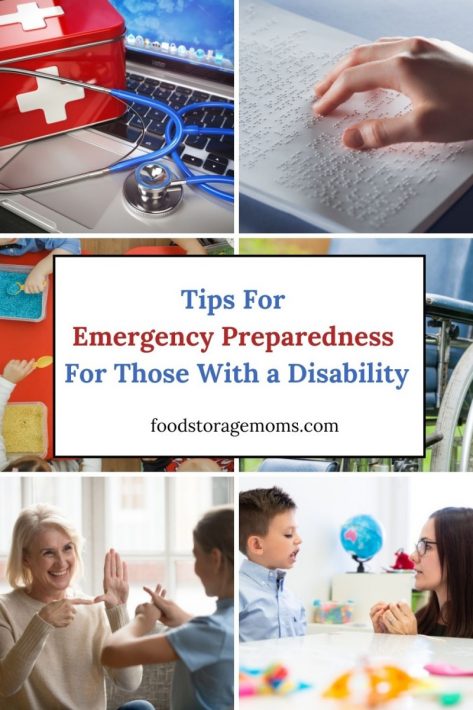
Tips for Emergency Preparedness For Those With a Disability
Those Who Are Blind or Have Limited Vision
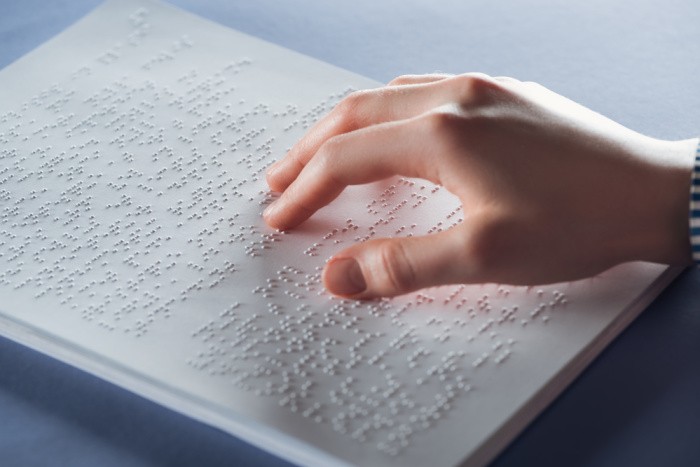
For those in your family that are legally blind or have limited vision, make sure that they have access to and know where your emergency kit is kept. Mark your kit with large Braille labels so that they aren’t left fumbling around frantically, or not being able to find it altogether.
It certainly wouldn’t be a bad idea to keep your emergency supplies close to where their deaf-blind communication device is so that it’s more convenient for them should an emergency ever happen.
Those Who Are Deaf or Have Difficulty Hearing
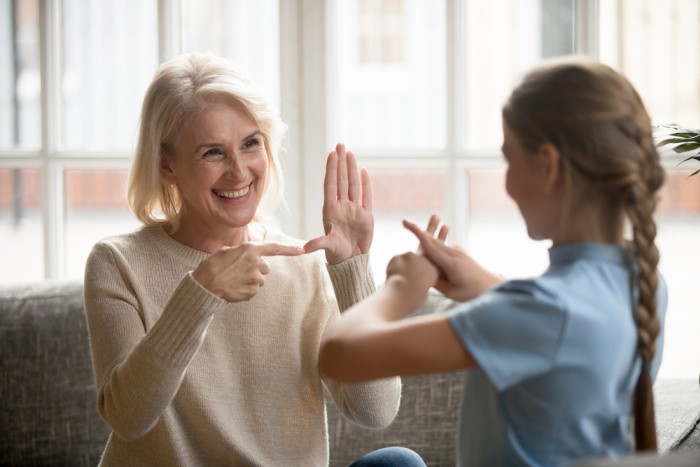
For those who are deaf, or just have a hard time hearing, be sure to have extra hearing-aid batteries set aside with your emergency kit. I’d also encourage you to get a weather radio that lights up and displays a text of any weather warnings or alerts that may be happening in your area.
Lastly, a pen and paper will be a helpful way to communicate with those who may have to assist you, especially if they don’t understand sign language.
Individuals With Sensory Disabilities

Sensory disabilities are becoming more and more common these days, especially among younger children. An emergency situation can be scary enough as it is, but if there’s a loud noise from a tornado or flood waters coming into your home, that child, or other person with sensory disabilities, may really have a hard time not freaking out.
To help them manage during those moments, it will require you to distract them as best you can from all the chaos that’s happening around them.
A pop-up tent or sheets that you can tie up would work great to provide them with privacy and limiting visual stimulation overload. Comfort foods and snacks, or a favorite blanket, would also be helpful.
To cut down on all the noise, have an electronic device along with headphones so that they can watch a movie or play some games. Just be sure that you don’t forget the electronic chargers for those devices.
Those With Speech Disabilities
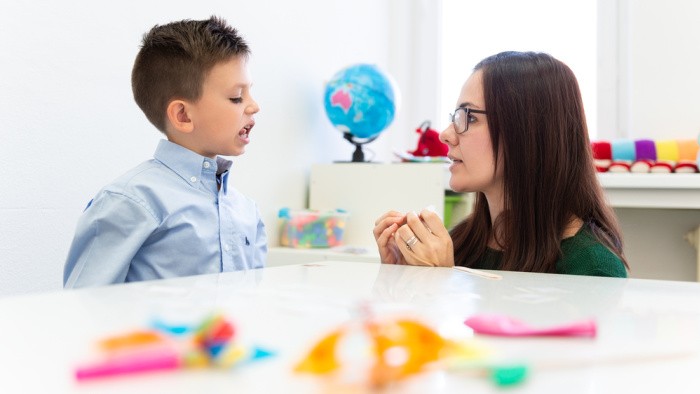
For those of you who have an augmentative communication device that you use regularly, be sure to have another method of communicating with others should it get lost or damaged during the emergency.
It wouldn’t hurt to have cards that you should consider laminating, that have phrases, words, and even pictures of what you’re hoping to communicate.
That’s why it’s also important that you write down and keep in a safe place where you got the device, as well as the model information so that it’s easier for you to get it replaced, if needed.
Those Who Have a Hard Time Getting Around
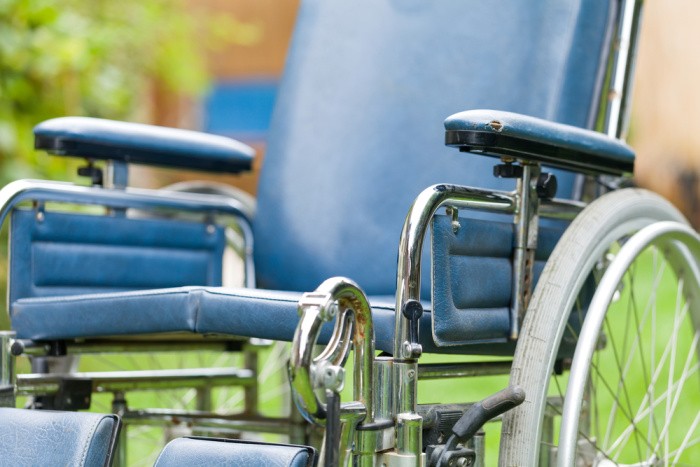
If you’re a person that struggles day-to-day with limited mobility, then you’re more than likely to have a powered wheelchair or scooter that you find yourself favoring.
But if you’re in a situation where you have to evacuate your home in a hurry, plan on having a manual one that’s much lighter and easier to collapse for transport. I’d also encourage you to bring a walker or a cane to assist you if you are still able to use them.
Should you still choose to bring your powered wheelchair with you, make sure that you let others know ahead of time how to work it and that you also make sure to bring extra batteries for backup while keeping them on a proper charger! Keep in mind that those powered chairs are heavy and take up a lot of room, you can’t just throw them in the trunk of your car.
An emergency situation is certainly not the time for a flat tire with your wheelchair, but if you do, make sure that you have a portable air pump and a patch kit ready, or consider having a spare you can put on the chair.
Building a Kit that Works for Your Disability
Having a disability already makes your everyday challenges much more difficult, but especially more so during an emergency situation.
These are a number of different items that you may want to consider adding to your emergency kit besides your typical emergency essentials. Here are a number of items that you may need to include based on your’s, or your loved one’s disability.
- Contact information for family, friends, and doctors.
- Have a written list of prescriptions, allergies, and dosages that you need to take.
- Include a list of serial numbers and styles of medical devices (be sure to have instructions on how to operate them close by).
- A minimum of a week’s supply of prescription medication. (Your doctor should be willing to prescribe you the extra amount when you tell them it’s for emergency purposes.)
- Breathing machines/ventilators/oxygen/inhalers.
- Extra batteries for hearing aids.
- Extra batteries for your powered wheelchair.
- An extra set of eyeglasses.
- Keep your deaf-blind communication device close to your emergency kit.
- Don’t forget copies of your Medicare or Medicaid cards and medical insurance information.
- People with a service animal need to remember: Pet food with extra water, a collar with an ID, and any additional supplies that they’ll need. Be sure and keep your pet’s vaccinations up to date and a copy of it in your emergency bag.
Emergency Preparedness For Those With a Disability
Final Word
For those of you who may be limited with a disability or an impairment, a natural disaster can be even more terrifying than people without one. But if you’re prepared ahead of time, you’ll be able to handle your situation in a more calm and collected manner.
What are other important ways to be prepared for emergencies if you have a disability that I may not have mentioned? I hope these tips for emergency preparedness for those with a disability will help you today. Make sure you have an emergency plan in place. May God Bless this world, Linda.
Copyright Images: First Aid Kit Deposit photos_165158206_s-2019, Braille Text Deposit photos_254050966_s-2019, Sign Language Deposit photos_325500810_s-2019, Sensory Disability AdobeStock_314280660 by zsv3207, Speech Therapy Deposit photos_330320142_s-2019, Wheel Chair Deposit photos_68147777_s-2019




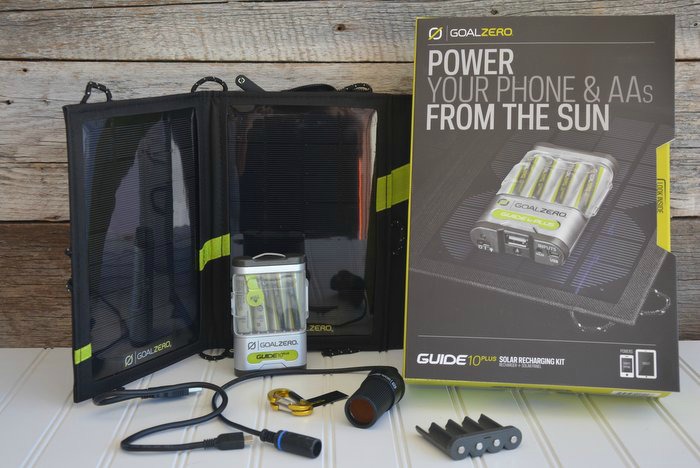
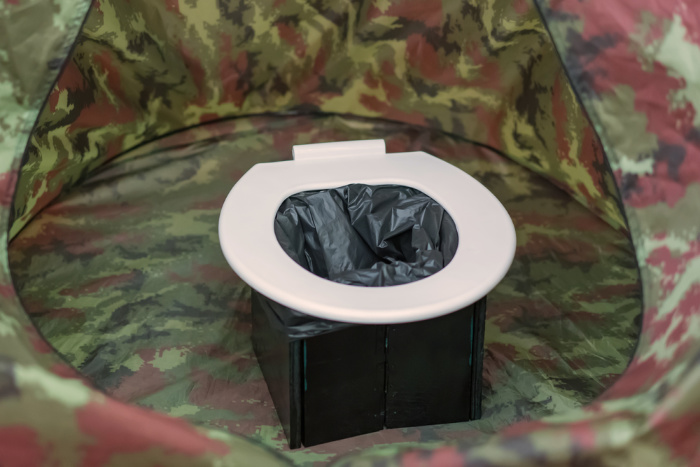
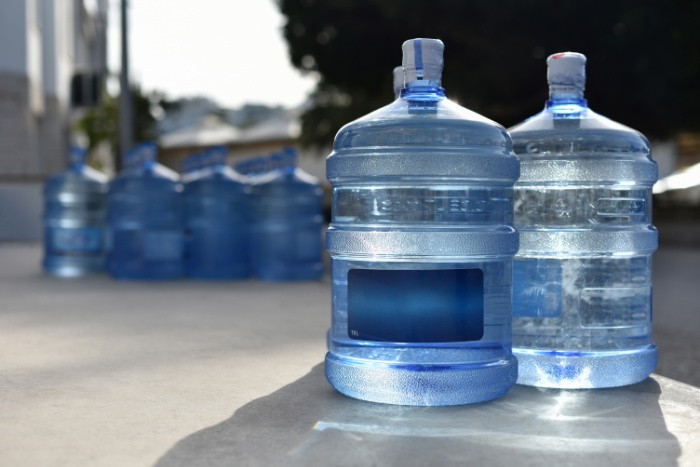
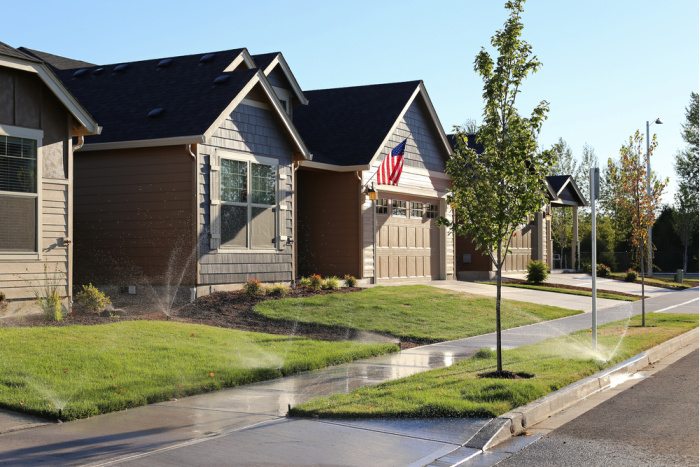
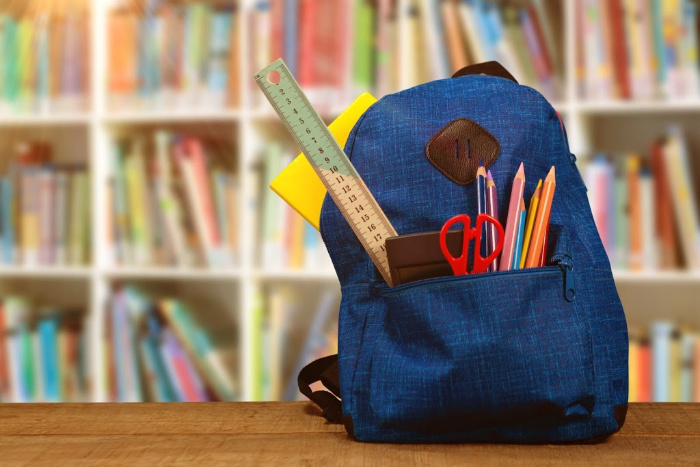
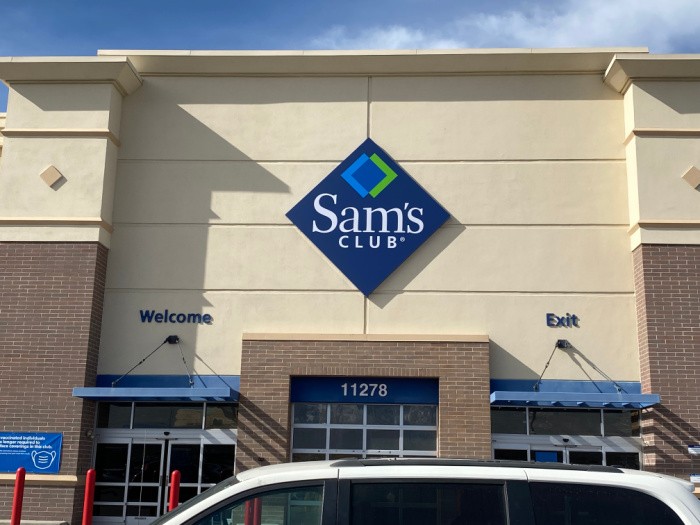





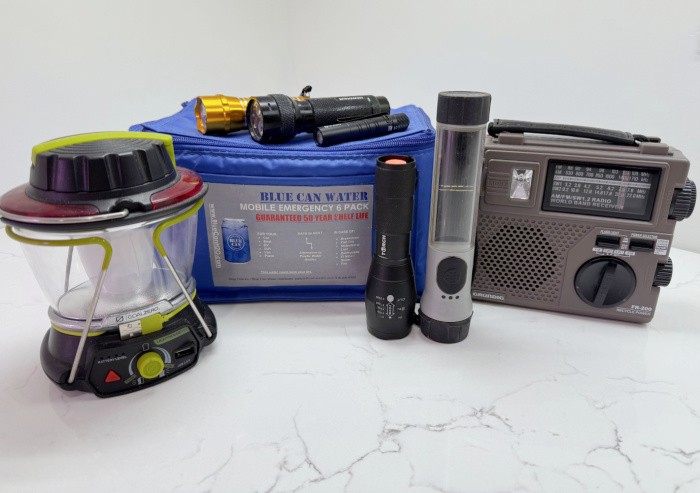
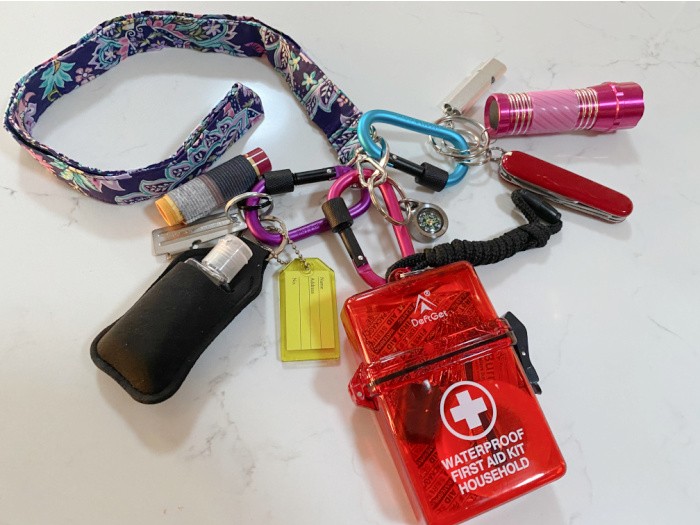





Good stuff. Wife’s got lupus and one of my granddaughters has sensory issues.
I do a lot to overcome things especially in preparedness for them.
The good thing is we live in a place where we can and they aren’t shunned or much worse.
Hi Matt, you are blessed to live where they are not shunned or much worse. Thank goodness they have you for emotional support and so much more. You rock! Linda
Great post today! We don’t have any of those, but we know others that do. Our granddaughter in law has MS. Not so bad yet, and a granddaughter has lupus. Neither of which live with us. This is truly awesome to know, as none of us know what is in store for us today or in the future. Thank you so much for all you do.
Hi Deborah, I have a daughter with MS. These autoimmune diseases are so unpredictable. I cried for 3 months when we learned she had it at 37 years of age. The Neurologist said she had had it since high school they assume. I was so emotional because you second guess what you ate when you were pregnant, what you drank and so much more. My husband said, Linda, she is a strong woman, she will get through this. AND she is a strong woman, no one even knows she has MS. Just our family. She works 2 jobs and is loving life whatever it brings her. I pray every day it stays under control. It’s a mom thing. Thank you for your kind words, Linda
Our granddaughter in law found out she had it when she was pregnant with our great grandson. She’s doing well now that they got her on the correct meds. Jimmy is 18 months old now. He walked at 9 months old. He and his brother, Jayden take turns staying with my daughter and her husband. She had shoulder surgery and is still dealing with the after math. It’s been two months and she still doesn’t have full mobility of her right arm. Did I mention, she’s right handed?
If you can, try to keep your medicines in a plastic (baggie) so it can be grabbed on your way out the door. I keep mine ready for anything. My granddaughter knows to grab it in case of an emergency.
Mildred, we keep ours in a plastic bucket. Easy to get to and grab. This is an excellent idea. More especially for seniors.
I also keep a list in my purse and in my wallet.
Hi Mildred, great idea to put them in a plastic baggie, they are ready to grab! I have a small see-through plastic makeup bag from Walmart. It cost less than $3.00. I grab it if we travel (rarely now) to see family. Whatever works so YOU have it, is the name of the game. Preparedness!! Linda
Great post on a subject I had totally overlooked. Shame on me.
Hi Ray, no shame. I live in a neighborhood with a lot of older people. LOL! Now I’m in that club! I don’t use a walker but a lot of people do where we live. We have a few families that have real health issues and I thought to myself, we all need to be able to help those with people who need help in many ways. Oh, and children too! We all need to be able to help one another. Life is crazy right now. Linda
I am thankful that I am not disabled nor do I have family members who have debilitating disabilities. At least not yet! However, I do live in a senior apartment complex where there are a number of people with varying degrees of disability. Some are dependent on canes, walkers, scooters or wheelchairs. And, most live alone. I cannot tell you how many times someone with a scooter or electric wheelchair have been stranded in the elevator because their machine was not properly charged. I cannot imagine!
One thing that I did not notice was practice. I have practiced my bug out so many times that I think (I THINK) I could do it as second nature. But, in a true emergency situation, not sure. The closest I have come was a fire at the complex where we all had to evacuate the building – I always keep my coat, shoes/boots, handbag and backpack next to the door so I can grab and go. People asked me why I had my purse and backpack with me in that situation – I simply told them that if we were not able to get back into the building I would have my ID, medications, and emergency supplies. I would be able to get in my car and go. That was sort of a wake up call for most (not all mind you!!).
I suggest that everyone practice to some degree. I have even had my daughter and son-in-law teach their children what to do and where to go if there is (name it? fire, earthquake, etc. and the kids are 9, 7 1/2, 6 and 2). You all know the emergencies that are most likely to happen in your areas so spend a bit of time each month or so practicing what to do in any of those situations. Some in your family might not take this seriously but if you “make” them practice, it just might save their lives and/or the lives of those around them.
Leanne, great idea on the practice. We haven’t yet. Out most probable cause would be a tornado, or power loss. We know where to go and what to do in both cases. We have had a power outage for two weeks, several years ago. We have what we need to stay warm, and cool, depending on the weather.
Hi Leanne, excellent comment! I really love the practice drills so to speak. The kids and grandkids will see it as a way of life. Your grandkids are so young! Oh, I can just sit around and watch them. It gives me so much joy! Linda
We actually had a middle of the night practice fire drill with our 2 children (about 10&13). Much to our surprise, the kids didn’t even twitch when the smoke alarm was going off. My husband and I were able to talk then about how we would handle that type of emergency.
Hi Dawn, I love hearing this! Linda
Thanks for the tips Linda. I use a electric cart as even getting off it and turning around is hard on me. I have a form of Osteo Penia (brittle bone disease or as I call it Swiss Cheese Disease) and one wrong misstep can cause a break in any of my bones. It can be scary if you are in a strange place. I fell off and for a week my husband worried about every ache and pain I had. I must say I have a good husband. I cook and he does everything else. Laundry, cleaning and dishes. Can’t find one like that these days or if you do you have one raised by parents born before 1975. Of course we are good together. We celebrated our 50th wedding anniversary July 8th. We raised our boys to be that way also.
Thank you for these tips. Any tips for those of us with a family member who has PTSD? It would be appreciated. Thank you
Hi Kate, wow, that is a tough one. So many people have PTSD. It’s so sad because they need professional help typically. I have seen friends with PTSD and of course, it all depends on the severity, but two friends rose above it by helping others. The problem is, if you’re in a very dark place, it’s hard to crawl out of the hole. You can get PTSD from so many things or events in your life that you have to have the right person to help pull you through the darkness. I’m not a medical professional but I know I have PTSD from my childhood. I’m 70 years old and no one talked about trauma as a child when I was young. I thank God, every day that I married well. My husband helped me through it. I was lucky, but I’m still digging out of the hole. God bless you, Linda
I know I’m showing how nerdy I am, but I couldn’t help but think of an old Buffy the Vampire Slayer episode called Hush when talking about being hard of hearing. The characters used white boards hung around their necks and markers to write messages to each other since nobody could talk. A more long term prepper friendly version would be a chalkboard and a couple of packs of chalk.
And for nighttime alerts, I have to wonder if having a pet or better yet, a service animal to alert the person who is hard of hearing to any fire alarms, etc.
Hi DMWalsh, if you’re nerdy then I am too! LOL! I love this! I like the idea of a chalkboard and chalk! LOVE LOVE LOVE it! Linda
Linda, very good post. I am sure all of us have a family member or friend that has some type of physical or cognitive issues. This post shows that someone cares enough to think about helping to bolster the caregivers’ emotions by attempting to bring some type of semblance of order to their everyday life. It is not an easy job to help with any type of handicapped being, much less under extraordinary circumstances like emergencies! You have a very good heart and I am sure God will smile on you one day! (Stay Safe)
Hi Bill, oh, you are so kind, my friend. I have a daughter with MS, I pray every day that the disease will not progress any faster. I get emotional just typing this. Stay safe, and stay well. Linda
I was going thru your older posts, and I came across this one, and I thank you Linda for it. Over the years our positions have changed. My husband had his first major heart attack when I was 28 and he was 32. Since then he has had bypass surgery, a second heart attack, diabetics and a brain aneurysm. I always tried to take the lead, to spare him stress. Now it is me. I have major IBS issues, I’m way overweight and can no longer walk without pain even with help. No pain medication helps, and I am relying too much on my husband. Bugging in is our only alternative. Our insurance will not provide a wheelchair, so I struggle with a walker. My kids would help, if I asked them, but we will not put that burden on them. We do the best we can, with what we have.
Hi Chris, oh my gosh, 32 years old and had a heart attack and then bypass, diabetes, and a brain aneurysm! Man, you two have been through the wringer! I have heard IBS is so painful, I’m so sorry to hear this, my sweet friend. I feel strongly I need to share a story with you, the last 15 years of my mom’s life I owned a mortgage company and was a real estate agent. I worked 70-hour weeks. My biggest regret is that I lived almost 400 miles away from my mother. I begged her to come and live with us and she wouldn’t. She was too proud. I would fly her up where I lived and then she got too tired to fly. I would fly down to see her. But not often, because I was self-employed. My biggest regret in life is that I didn’t know how bad off my mom was. Sure I sent her money each month for 30+ years to help her but she needed her hips done and I didn’t realize it until I saw how her shoes were worn on the sides. If your kids knew you needed a wheelchair, I can guarantee they would find a way to get it for you. I wish I could turn the clock back I would do things differently. Keep in mind this is note written with love, Linda
I do know you are right Linda. While my oldest two are somewhat distant, I know I can count on the youngest two. Right now my 44 year old son is awaiting hip replacements. He is law enforcement and those duty belts have destroyed his hips. My youngest daughter would be here in a heart beat, but I have always been the leader, the one in charge and old habits die hard.
I’ll bet your mom knew how much you loved her. We do the best we can, when we can. Stay safe and healthy.
Hi Chris, I thought of one more thing. It worked here in Utah anyway. I had both knees replaced and I purchased items my insurance would not pay before the surgery with cash (debit card). Most medical supply stores will discount the retail price because they don’t have to wait to be reimbursed. It’s worth a phone call. One more thing it wouldn’t hurt to check with the manufacturer of the one you would like to see if there was any way they could discount the price. I have a daughter with MS and she asked for her medication to be lowered from $3000.00 a month to just over $250.00 per month. It’s all based on income. Hopefully, you can find a kind person to answer the phone. Linda
Having my husband diagnosed with dementia about 4 or 5 years ago and later Alzheimer’s, I do wonder how he would do in an emergency, since every day is different with him. I cannot see us leaving the home as he isolates for many hours in a day in his “safe place” – his bedroom. He also doesn’t do well with too much stimulation or lots of people in a social situation. For now I care for him at home and hope that I can for a long time. He hardly ever leaves the house unless for a dr. appt. There are many, many simple things that he cannot do. I have two sons who are out of state. In an emergency such as me having to go to a hospital for a short time, they would come to care for him. If I passed away, they have POA through our living trust to get him into a care facility and we have toured some when they come for a visit. But trying to plan for an unexpected emergency with someone who has severe cognitive impairment is very challenging.
Hi Carol, oh this is a rough situation, my sweet friend. Being a caregiver is 24/7 and having your sons out of state is even tougher. I’m glad you brought this situation to our attention. I have “helped” watch dementia patients so their caregiver could have a 2-3 hour break in our last neighborhood to shop or go to lunch with friends. We must all think about this situation, whether it be dementia or other disabilities. Thank you for sharing, it will help all of us. Linda